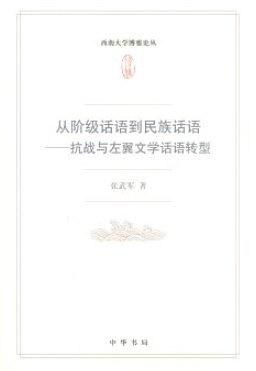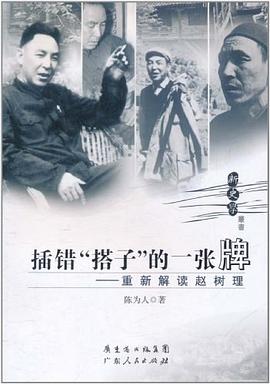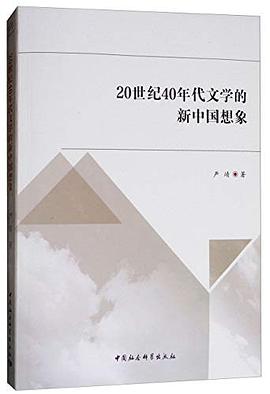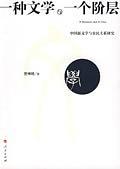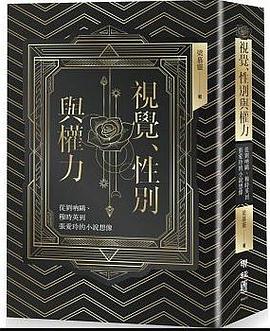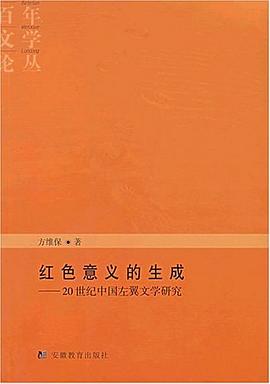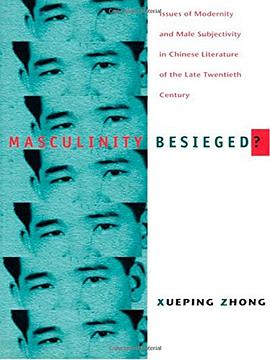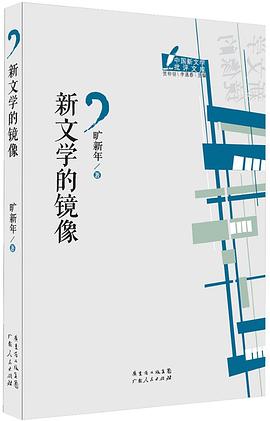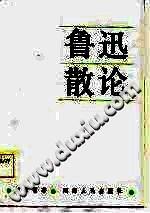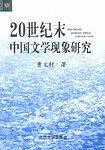

The division between the scholar-gentry class and the "people" was an enduring theme of the traditional Chinese agrarian-bureaucratic state. Twentieth-century elites recast this as a division between intellectuals and peasants and made the confrontation between the writing/intellectual self and the peasant "other" a central concern of literature. The author argues that, in the process, they created the "peasantry," the downtrodden rural masses represented as proper objects of political action and shifting ideological agendas. Throughout this transition, language or discourse has been not only a weapon of struggle but the center of controversy and contention. Because of this primacy of language, the author's main approach is the close reading or, rather, re-reading of significant narrative fictions from four literary generations to demonstrate how historical, ideological, and cultural issues are absorbed, articulated, and debated within the text. Three chapters each focus on one representative author. The fiction of Lu Xun (1881-1936), which initiated the literary preoccupation with the victimized peasant, is also about the identity crisis of the intellectual. Zhao Shuli (1906-1970), upheld by the Communist Party as a model "peasant writer," tragically exemplifies in his career the inherent contradictions of such an assigned role. In the post-Mao era, Gao Xiaosheng (1928--) uses the ironic play of language to present a more ambiguous peasant while deflating intellectual pretensions. The chapter on the last of the four "generations" examines several texts by Mo Yan (1956--), Han Shaogong (1952--), and Wang Anyi (1954--) as examples of "root-searching" fiction from the mid-1980's. While reaching back into the past, this fiction is paradoxically also experimental in technique: the encounter with the peasant leads to questions about the self-construction of the intellectual and the nature of narrative representation itself. Throughout, the focus is on texts in which some sort of representation or stand-in of the writer/intellectual self is present--as character, as witness, as center of consciousness, or as first-person or obtrusive narrator. Each story catches the writer in a self-reflective mode, the confrontation with the peasant "other" providing a theater for acting out varying dramas of identity, power, ideology, political engagement, and self-representation.
具體描述
讀後感
評分
評分
評分
評分
用戶評價
寫魯迅的部分比寫趙樹理的部分要好。
评分發掘中國文學裏的文學殉難(literary martyrdom)傳統(知識分子從皇權體製的奴隸轉變為勞動人民的奴隸-為人民服務,是他們自身命運的掘墓人),以及中國現代作傢如何藉助農民的睏境來對整個社會文化係統作齣控訴,摺射齣黨政機器對知識分子政策的搖擺不定(尤其以趙樹理的個人悲劇為典型),以及現代中國知識分子在麵對農民時的道德罪責(moral culpability)和懺悔意識(penitential consciousness)。涉及到文學中的農民形象是被壓迫者還是革命的先鋒、誰更有資格“真實地”再現農民、如何進入沉默且無法用言語文字錶述自己的農民的內心世界,並為之發聲(甚至質疑這個論斷的假設前提)、以及作傢/敘述人在創作中的身份危機。進入後毛時代後,鐵闆一塊的農民範疇瓦解,文學被邊緣化。
评分寫魯迅的部分比寫趙樹理的部分要好。
评分發掘中國文學裏的文學殉難(literary martyrdom)傳統(知識分子從皇權體製的奴隸轉變為勞動人民的奴隸-為人民服務,是他們自身命運的掘墓人),以及中國現代作傢如何藉助農民的睏境來對整個社會文化係統作齣控訴,摺射齣黨政機器對知識分子政策的搖擺不定(尤其以趙樹理的個人悲劇為典型),以及現代中國知識分子在麵對農民時的道德罪責(moral culpability)和懺悔意識(penitential consciousness)。涉及到文學中的農民形象是被壓迫者還是革命的先鋒、誰更有資格“真實地”再現農民、如何進入沉默且無法用言語文字錶述自己的農民的內心世界,並為之發聲(甚至質疑這個論斷的假設前提)、以及作傢/敘述人在創作中的身份危機。進入後毛時代後,鐵闆一塊的農民範疇瓦解,文學被邊緣化。
评分寫魯迅的部分比寫趙樹理的部分要好。
相關圖書
本站所有內容均為互聯網搜索引擎提供的公開搜索信息,本站不存儲任何數據與內容,任何內容與數據均與本站無關,如有需要請聯繫相關搜索引擎包括但不限於百度,google,bing,sogou 等
© 2025 qciss.net All Rights Reserved. 小哈圖書下載中心 版权所有

